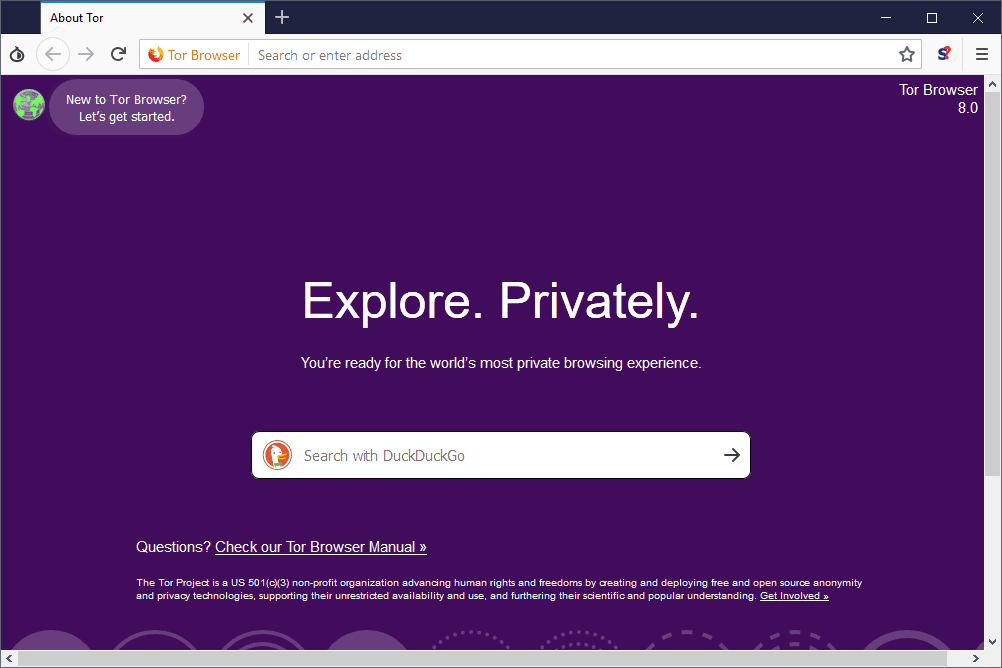Censorship in New Zealand is reaching levels that would be unbelievable to Kiwis a few years ago. The latest involves the New Zealand Chief Censor pressuring local Internet Service Providers to block access to sites that the Censor deems not to be in the public interest, such as 8chan. This article discusses how to circumvent censorship of online free expression.
New Zealand is not the first country whose Government has suppressed our natural right to free speech. Power trippers and control freaks all around the world have given in to the temptation to do so, reasoning that free speech is a potential risk to their authority. As Joseph Stalin once said: “Ideas are more powerful than guns. We do not let our enemies have guns, so why would we let them have ideas?”
Unfortunately for us Kiwis, the Sixth Labour Government has chosen to exploit the atmosphere of terror created by recent mass shootings both here and overseas. They have used this as an excuse to strip away our rights, in particular our firearms rights and our right to free expression. As this column has mentioned elsewhere, they simply don’t care about such things.
It’s not clear that the Labour Government directed the Chief Censor to pressure ISPs into banning 8chan, but they have shown no indication that they disapproved. In any case, the censorship fits neatly into the wider Labour Party goal of cracking down on free expression. It’s all but certain that the Chief Censor knew that his actions had the approval of the War Criminal’s Apprentice and her Cabinet.
Even though 8chan hosts orders of magnitude less violence and hate than any of FaceBook, Twitter or mainstream television news, and even though Section 14 of the New Zealand Bill of Rights Act establishes that all New Zealanders have the right to freedom of expression, including the freedom to seek, receive, and impart information and opinions of any kind in any form, 8chan has been targeted. They will not be the only ones. The day may come when VJM Publishing, despite being alt-centrist, gets banned.
Luckily for those who value free speech, there are technological ways around these governmental abuses. One of the foremost of these is the TOR browser.
TOR stands for The Onion Router. This isn’t the place for a technical description, but it’s enough to say that TOR confuses surveillance attempts so thoroughly that the user can surf the Internet anonymously. The purpose of it is to conceal the user’s identity and online activities from surveillance and data tracking. If someone is trying to spy on what websites you are visiting, all they will be able to see is that you are using TOR.
Another advantage of using TOR is that it’s possible to access sites that are censored. Although this currently applies to little other than 8chan, you could bet money on the fact that the Sixth Labour Government are going to censor everything they can, and anyone who disagrees will be labelled a white supremacist collaborator alongside Brenton Tarrant, Anders Breivik and Adolf Hitler.
Getting hold of the TOR browser is a simple matter of going to the TOR Project website at www.torproject.org and downloading the 54MB file. This is an install file, so double-click it once downloaded and follow the instructions like you would any other program. The installation isn’t difficult, it’s just a matter of running it and letting it do its thing.
Once installed, the purple TOR icon will be available. If you click on that, it will open the TOR browser, which is very similar to the Mozilla browser on which it is based. From there, it’s a simple matter of typing what you want to look for in the search bar, as you would any other browser. TOR is a bit slower than other browsers, owing to the methodology it uses to anonymise the traffic.
That’s about all there is to it – TOR is otherwise like a normal browser. While on the TOR network, it’s possible to find access to all kinds of illicit goods and services, not merely information. It’s not a good thing from the Government’s perspective that people become exposed to material of that nature, but that’s the risk they run when they violate our human right to free expression.
See also: The Basics of VPN Use, And Why Every Kiwi Needs to Know Them
*
If you enjoyed reading this essay, you can get a compilation of the Best VJMP Essays and Articles of 2018 from Amazon for Kindle or Amazon for CreateSpace (for international readers), or TradeMe (for Kiwis). A compilation of the Best VJMP Essays and Articles of 2017 is also available.

